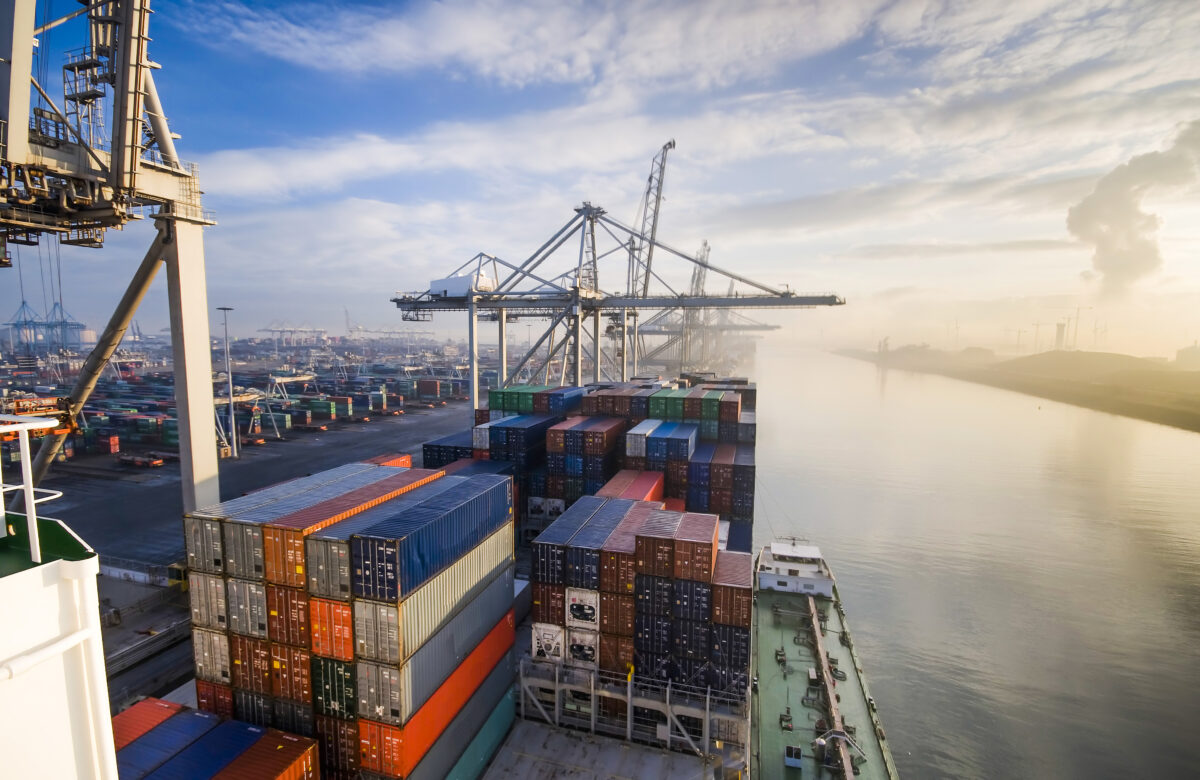In its ruling of 20.10.2016, the Munich Finance Court ruled that a freight forwarder who makes a customs declaration for another carrier without effective power of representation can be claimed as a debtor of import sales tax. Customs representatives should therefore always ensure proper authorisation by their customers.
Customs representative without effective customs authorisation
It was a forwarding company that made a customs declaration for another company based in the Union to import carpets from Turkey. It acted as fiscal representative. However, she was not involved with the transport. At the EU’s external border, the goods were dispatched to Germany under the external TIR carnet transit procedure. In Germany, the transit procedure was terminated. The goods were then transported to the Netherlands via France. As the company for which the forwarding company submitted the customs declaration was already in liquidation, there was no effective customs authority.
Forwarding as debtor of import sales tax
Who is liable for import sales tax (EUSt) is determined in accordance with § 13a Para. 2 in conjunction with § 13a Para. 2. 21 (2) UStG according to the regulations for customs duties. Under Article 5(4), second subparagraph, of the Customs Code (CC), now Article 19(1), second subparagraph, of the Union Customs Code (UCC), a person who indicates that he is acting as a customs representative but does not have power of representation is considered to be the declarant himself. According to the judgement of the FG München, it is thus also a customs debtor under Art. 201 para. 3 subparagraph 1 sentence 1 CCC, now Art. 77 para. 3 subparagraph 1 sentence 1 CCC, and thus also a debtor of the EUSt, even if the freight forwarder has been deceived as to the existence of an effective power of attorney and the existence of an intra-Community follow-up delivery.
No exemption due to intra-Community delivery
Nor would there be any tax exemption under § 5 (1) No. 3 UStG, according to which the import of goods is tax-free if they are used by the debtor of the import turnover tax directly after the import to make an intra-Community delivery. In this case, the freight forwarder did not benefit from this advantage, since at no time did he have control over the goods but merely accepted the customs declaration. It could therefore not use the goods to make deliveries.
Forwarding companies that handle customs formalities for their customers should be aware of this high tax risk and take appropriate precautions.
Our customs lawyers can advise you on the tax risks involved in handling customs formalities.
Dieser Artikel wurde am 8. August 2018 erstellt. Die fachliche Zweitprüfung hat Rechtsanwalt Dr. Tristan Wegner durchgeführt.

